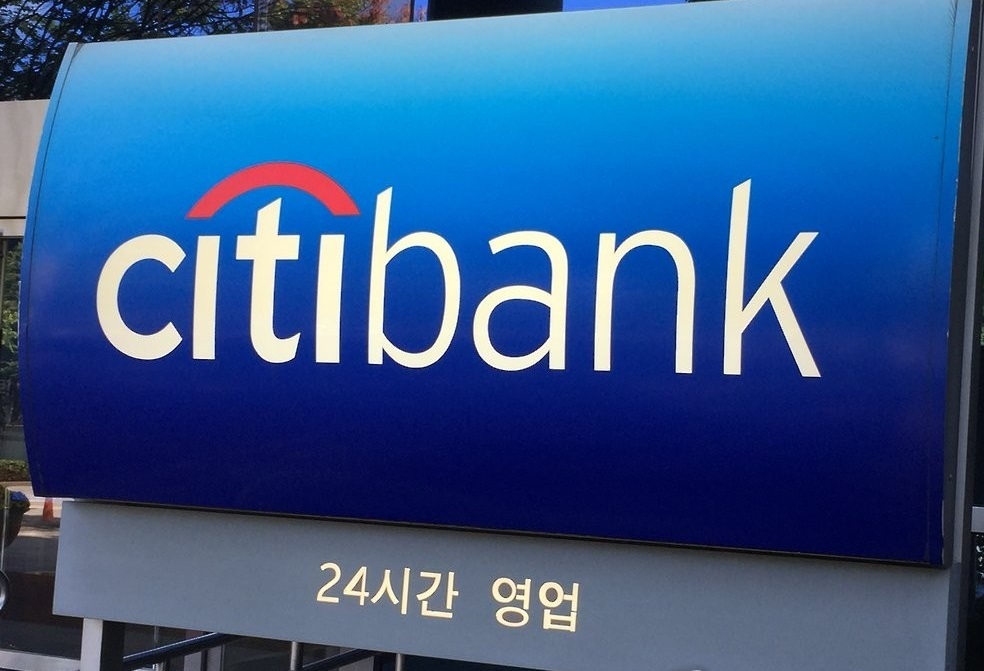 |
(Yonhap) |
Citigroup has yet to announce the details of its retail banking exit strategy from South Korea as of Sunday, but the most probable scenario is that the firm will break up its consumer business here before selling, according to industry watchers.
On Friday, Citigroup decided to exit retail banking in Korea and other 12 markets across Asia, Europe, the Middle East and Africa as part of reorganization plans. The move signals a significant downsizing for Citibank Korea, a wholly owned subsidiary of Citibank Overseas Investment Corp. based in Delaware in the US, that was launched in 2014 after Citigroup opened its first branch here in 1967.
Though Citigroup currently has several options on the table, industry watchers forecast that the firm is likely to break up different parts of its consumer business, such as wealth management and credit cards, before selling them off separately.
According to Yonhap News, Citibank is reportedly pursuing this method with its consumer banking business in Australia, where it is also exiting retail banking.
At the moment, local financial institutions OK Financial Group and DGB Financial Group are strong candidates if a bidding war takes place.
OK Financial Group, which operates OK Savings Bank, has been seeking to advance into the top-tier banking sector, while DGB -- the nation’s first regional bank headquartered in Daegu – would gain a platform to expand its business into Seoul.
The second viable option for Citigroup is to sell its Korean subsidiary’s retail banking operations as a whole.
In 2014, it sold its Japanese retail banking operations to Japan’s banking giant Sumitomo Mitsui Banking Corp. reportedly for some 40 billion yen ($333 million), to cut costs.
The banking giant also sold off its Brazil consumer business operations in a similar manner in 2016 when Citigroup’s incumbent CEO Jane Fraser started selling retail banking and credit card operations in Latin America, as regional head at the time.
Its retail banking business in Brazil – including 71 branches, insurance brokerage, credit cards and loan portfolio – were sold off to Itau Unibanco Holding SA, Latin America’s largest bank by market value, for $220 million. The move wrapped up Citigroup’s 100-year-old retail banking business in Brazil.
If the bidding fails, Citibank Korea is likely to pursue an overall exit of its retail banking business from the Korean market, mirroring foreign banking group HSBC’s move in 2013.
Meanwhile, Citigroup said it will continue to serve corporations and private banking clients in the markets tagged for sale.
In a recent interview with The Wall Street Journal, Peter Babej, CEO of Citi Asia Pacific said that the group plans to focus its Asia Pacific business around serving “wealthy entrepreneurs and their businesses in the region.” Its Hong Kong and Singapore operations are most likely to gain from the plan, according to the news outlet.
Hit by the COVID-19 pandemic and an overall drop in demand for its retail banking services, Citibank Korea’s annual net profit fell 32.8 percent on-year to 187.8 billion won last year.
Its net profit tied to retail banking business has been steadily shedding roughly 50 percent annually for years now. The figure, which stood at 72.1 billion won in 2018, fell to 36.5 billion won in 2019 and eventually to 14.8 billion won last year.
By Jung Min-kyung (
mkjung@heraldcorp.com)








